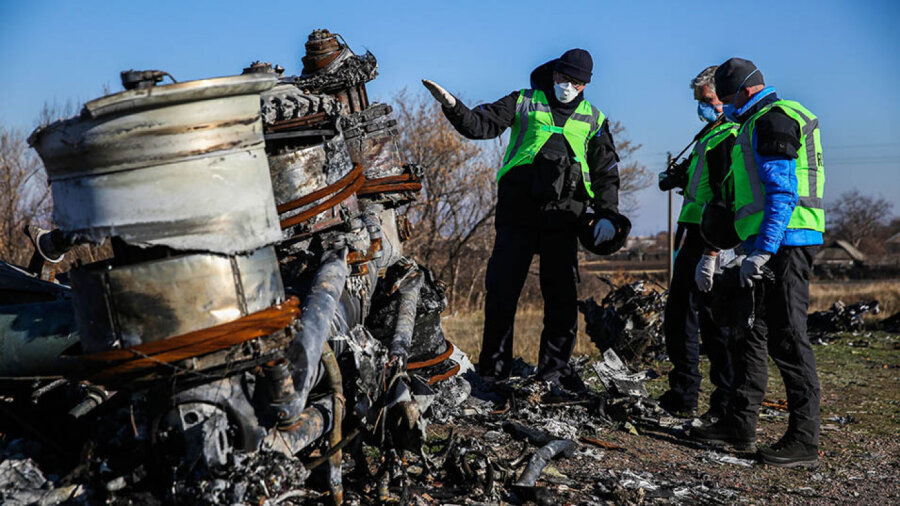In a significant challenge to international aviation law, Russia filed an appeal with the International Court of Justice (ICJ), against Australia and the Netherlands, seeking to overturn a ruling by the UN's aviation agency concerning the 2014 downing of Malaysia Airlines Flight MH17.
The case escalates a decade-long legal battle over responsibility for the disaster, which killed all 298 people on board, moving the dispute from a specialized technical body to the world's highest court. The appeal directly targets a May 2025 decision by the Council of the International Civil Aviation Organization (ICAO), which found that the case brought by Australia and the Netherlands against Russia was "well founded in fact and in law." The ICAO had determined it had jurisdiction to hear the complaint that Russia violated the 1944 Chicago Convention on international aviation by using a "Buk" TELAR surface-to-air missile system to shoot down the civilian aircraft over eastern Ukraine. In its application to the ICJ, Russia argues that the ICAO Council "erred in fact and in law" on several fundamental grounds. The core of Moscow's legal challenge is jurisdictional, asserting that the Chicago Convention is inapplicable to the incident. Russia invokes Article 89 of the treaty, which preserves a state's "freedom of action" during times of war, arguing that the convention does not apply to situations of armed conflict like the one ongoing in eastern Ukraine at the time of the shootdown. Furthermore, Russia contends that the ICAO Council's procedures were prejudicial and that its standards of proof were improper.
Moscow also launched a direct assault on the credibility of the evidence, alleging that the ICAO Council disregarded information supplied by the Russian Federation and relied on a biased investigation conducted by the Joint Investigative Team (JIT). The JIT, a collaborative effort by the Netherlands, Australia, Malaysia, Belgium, and Ukraine, concluded that the missile system belonged to the Russian military's 53rd Anti-Aircraft Missile Brigade and was provided to separatist forces. Russia's appeal attempts to shift blame, suggesting the Buk missile system was captured by separatists from the Ukrainian military and that Ukraine failed in its duty to close its airspace to civilian flights.
This legal maneuver follows a 2022 Dutch court ruling that sentenced two Russians and a Ukrainian separatist to life in prison in absentia for their roles in the downing, a verdict Russia has refused to recognize or enforce through extradition. The appeal to the ICJ represents a strategic attempt by Russia to re-litigate the facts of the MH17 disaster in a different forum and to challenge the very applicability of international aviation law during armed conflict. A ruling in Russia's favor could create a significant loophole in the Chicago Convention, potentially weakening protections for civilian aircraft operating in or near conflict zones worldwide. Conversely, if the ICJ upholds the ICAO's jurisdiction, it would reinforce the principle that states can be held accountable for acts of violence against civil aviation, even when those acts occur in the context of a military conflict.
Source: The Moscow Times



